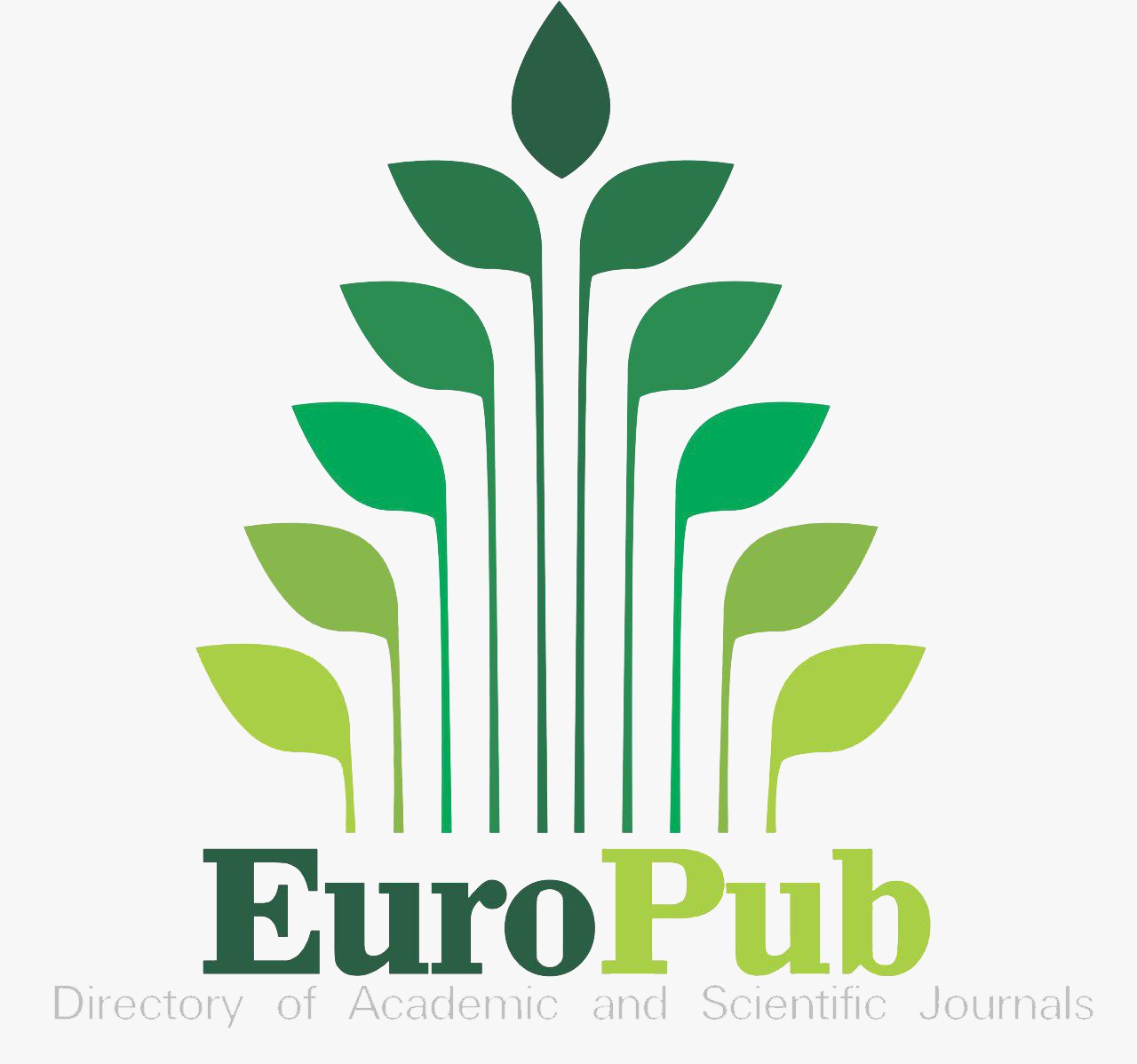EL DOCENTE COMO MEDIADOR DE APRENDIZAJES SIGNIFICATIVOS
DOI:
https://doi.org/10.56219/dialctica.v2i25.4056Keywords:
teacher, mediator, meaningful learningAbstract
The performance of teachers is essential in the development of teaching and learning processes, since it is the link with students, so that they build the necessary knowledge, based on this, a teacher is required to guide and motivate students in order to understand reality. In virtue of the above, the present article has as its fundamental objective to understand the role of the mediator teacher in the meaningful learning of students, for this, we will proceed with the concretion of conceptual evidence that allows us to assume teaching, as one of the processes that contribute to the concretion of learning styles based on each of the subjects, for this, it is necessary to encourage the participation of each of the students, in order for them to express their ideas, and thus the teacher takes into account the needs and strengths of the students. In this regard, various reference sources are used to establish the learning development process, demonstrating that the teacher is one of the most influential figures in the knowledge construction process and that this serves as a meaningful foundation. The priority is to promote knowledge appropriation, since it is necessary to master pedagogical elements that foster knowledge for life.
Downloads
References
Ausubel, D. (2002). Psicología educativa. Un punto de vista cognoscitivo. Ediciones Trillas.
Blasco, A., Arraiz, A., & Garrido, M. (2019). Claves de la mediación para el desarrollo de la comprensión lectora. Un estudio cualitativo en aulas de 4º de educación primaria. Revista Española de Orientación y Psicopedagogía, 30(2), 9 - 27. https://dialnet.unirioja.es/servlet/articulo?codigo=7324757 DOI: https://doi.org/10.5944/reop.vol.30.num.2.2019.25335
Caparrós, E., García, M. y Sierra, J. (2021). Educación inclusiva hoy: sentido y sensibilidades. Entrevista a Ángeles Parrilla. Márgenes Revista De Educación De La Universidad De Málaga, 2(1), 226-230. https://doi.org/10.24310/mgnmar.v2i1.11696 DOI: https://doi.org/10.24310/mgnmar.v2i1.11696
Collaguazo, V. (2022). Enfoque pedagógico sociocultural de Vygotsky y las relaciones interpersonales. Quito. http://www.dspace.uce.edu.ec/bitstream/25000/28578/1/UCE-FIL-COLLAGUAZO%20VANESSA.pdf
Contreras, D. (2019). El enfoque socio crítico en la educación. Dialéctica. Revista de Investigación Educativa. 1-12. http://portal.amelica.org/ameli/jatsRepo/88/88868015/88868015.pdf
Diaz, R., Rodríguez, L. Saavedra, M. (2019). Investigación cualitativa etnográfica: una alternativa para los profesionales de enfermería. ACC CIETNA: Revista De La Escuela De Enfermería, 6(1), 91-98. https://doi.org/10.35383/cietna.v6i1.235 DOI: https://doi.org/10.35383/cietna.v6i1.235
Hernández, E., Cubillas, F. y Padrón, A. (2022). Talleres metodológicos para la superación profesional en la aplicación de metodologías activas desde las TIC. Luz, 21(2), 19-28 http://scielo.sld.cu/scielo.php?script=sci_arttext&pid=S1814-151X2022000200019&lng=es&tlng=es.
Ledesma, M. (2014). Análisis de la Teoría de VYGOTSKY para la Reconstrucción de la Inteligencia Social. Cuenca -Ecuador.: Universidad Católica de Cuenca. file:///C:/Users/PC/Downloads/LIBRO-VYGOTSKY.pdf
Moreira, M. (2021). Predisposición para un aprendizaje significativo de la física: intencionalidad, motivación, interés, autoeficacia, autorregulación y aprendizaje personalizado. Revista de enseñanza de la física, 33(1), 101-110. http://www.scielo.org.ar/scielo.php?script=sci_arttext&pid=S2250-61012021000100101&lng=es&tlng=. DOI: https://doi.org/10.55767/2451.6007.v33.n1.33232
Palacios, E., Posso, R., Barba, L. y Paz, B. (2022). Educación en salud, prevención y manejo del dolor de espalda bajo el enfoque "integración escuela comunidad desde el área de Educación Física". Podium. Revista de Ciencia y Tecnología en la Cultura Física, 17(2), 758-779. http://scielo.sld.cu/scielo.php?script=sci_arttext&pid=S1996-24522022000200758&lng=es&tlng=es
Portela, M. (2021). Estudio preliminar de las propiedades psicométricas de la escala de Funcionamiento Psicológico Positivo para una muestra de adolescentes uruguayos. Ciencias Psicológicas, 15(1), 1-12. https://doi.org/10.22235/cp.v15i1.2396 DOI: https://doi.org/10.22235/cp.v15i1.2396
Posso, R. (2022b). El rol del docente en el contexto universitario: una visión post pandemia. MENTOR Revista De investigación Educativa Y Deportiva, 1(2), 91–96. https://doi.org/10.56200/mried.v1i2.3357 DOI: https://doi.org/10.56200/mried.v1i2.3357
Rivera, E., Mina, A., Campuzano, R., & Barcia, G. (2022). Didáctica crítica como fortalecimiento en el proceso de enseñanza aprendizaje en la educación superior en el Ecuador. Revista Dominio de la Ciencia, 1913 - 1934. https://dialnet.unirioja.es/servlet/articulo?codigo=8635181
Roa, J. (2021). Importancia del aprendizaje significativo en la construcción de conocimientos. Revista Científica De FAREM-Estelí, 63–75. https://doi.org/10.5377/farem.v0i0.11608 DOI: https://doi.org/10.5377/farem.v0i0.11608
Rojas, Y., González, A., Fernández, I. y Álvarez Yero, S. (2021). El aprendizaje y las nuevas tecnologías de la información y las comunicaciones. Educación Médica Superior, 35(3). http://scielo.sld.cu/scielo.php?script=sci_arttext&pid=S0864-21412021000300016&lng=es&tlng=es.
Vera, A., y Jara, P. (2018). El Paradigma socio crítico y su contribución al Prácticum en la Formación Inicial Docente. Revista: Innove Educación. Universidad Católica de la Santísima Concepción., 1-24. http://innovare.udec.cl/wp-content/uploads/2018/08/Art.-5-tomo-4.pdf
Downloads
Published
How to Cite
Issue
Section
License

This work is licensed under a Creative Commons Attribution-NonCommercial-ShareAlike 4.0 International License.
La revista Dialéctica conserva los derechos patrimoniales (copyright) de las obras publicadas, que favorece y permite la reutilización de los mismos bajo la licencia Creative Commons Atribución-NoComercial-CompartirIgual 4.0 , por lo cual se pueden copiar, usar, difundir, transmitir y exponer públicamente, siempre que se cite la autoría y fuente original de su publicación (revista, editorial, URL y DOI de la obra), no se usen para fines comerciales u onerosos y se mencione la existencia y especificaciones de esta licencia de uso. Si remezcla, transforma o crea a partir del material, debe distribuir su contribución bajo la misma licencia del original.












